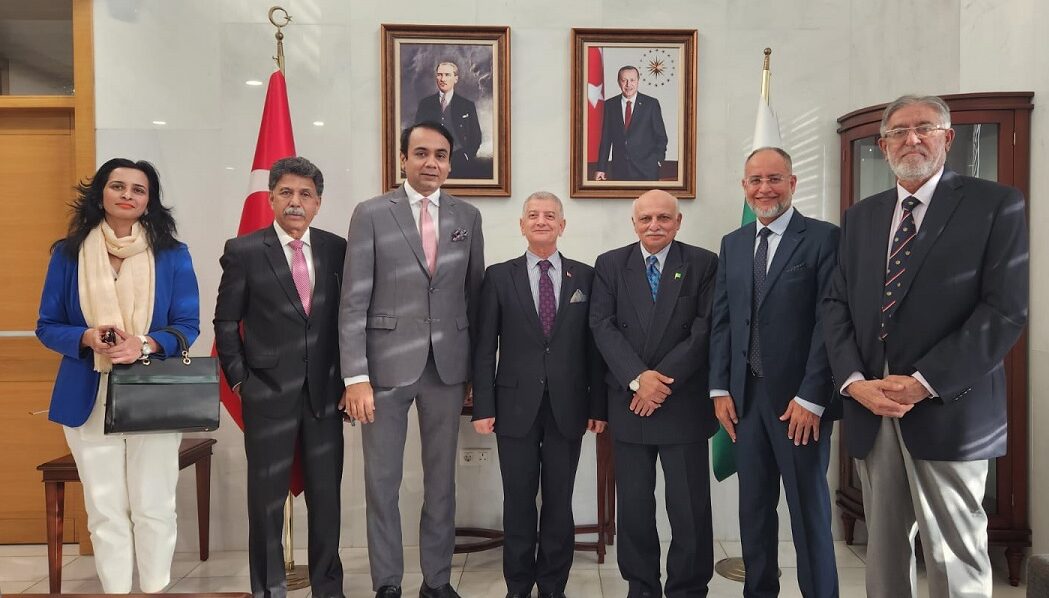Karachi, April 13, 2020: In the Finance Act 2019, an amendment has been made to Section 8 (Sub-Sec.1, Clause M) of Sales Tax Act, by addition of 10th Schedule, whereby it is mandatory to provide CNIC number of unregistered buyers in the invoice and Sales Tax Returns in addition to payment of 3 percent Further Tax. Similar statute has been added U/5.19A of Federal Excise Act, Sec. 216A to ITO and Sec.156A of Customs Act.
Since the number of registered persons in Sales Tax regime stood hardly at around 45,000 all over Pakistan, it is not possible for suppliers/ sellers and manufacturers to provide the CNIC of buyers on account of all their sales. This condition has resulted in a slowdown of business transactions and proliferation of cash economy.
The situation has further aggravated due to country-wide lockdown and disruption in supply chain due to the outbreak of coronavirus. Consequently, stocks and inventories with importers, manufacturers and wholesalers are accumulating while recoveries from markets have completely stopped and a large number of bank defaults are likely to take place due to liquidity crunch.
Unfortunately, while giving major relief to export sectors which hardly contributes 5 to 6 percent to GDP, the government has entirely ignored the larger sectors of industry and trade catering to domestic markets and contributing 94 percent to GDP and major part of tax revenue. It will prove to be detrimental for revenue collection by the FBR if the business transactions remain stalled while the government would surely miss the revenue targets and incur larger fiscal deficit as a result of imposition of CNIC provisions and 3 percent Further Tax.
Therefore KCCI submitted that as a relief measure, the requirement of CNIC for sales to unregistered persons vide 10th Schedule Section 8 (Sub-Sec.1, Clause M) of Sales Tax Act, and 3 percent Further Tax may be waived immediately in order to revive the economic activities and business transactions. Major stockpiles of commodities and consumer goods can be released into the markets and revenue collection will improve through liberalization of transactions.
Small and Medium Industry will also benefit as a result of such measure because a very large volume of raw materials is supplied to SMEs by commercial importers who are stuck with inventories. In order to stimulate the economy, an across the board relief is required rather than selective assistance to already favored sectors.
KCCI hope that their above-mentioned proposal will receive due consideration in the best interest of economy.


























































































































































































































































































